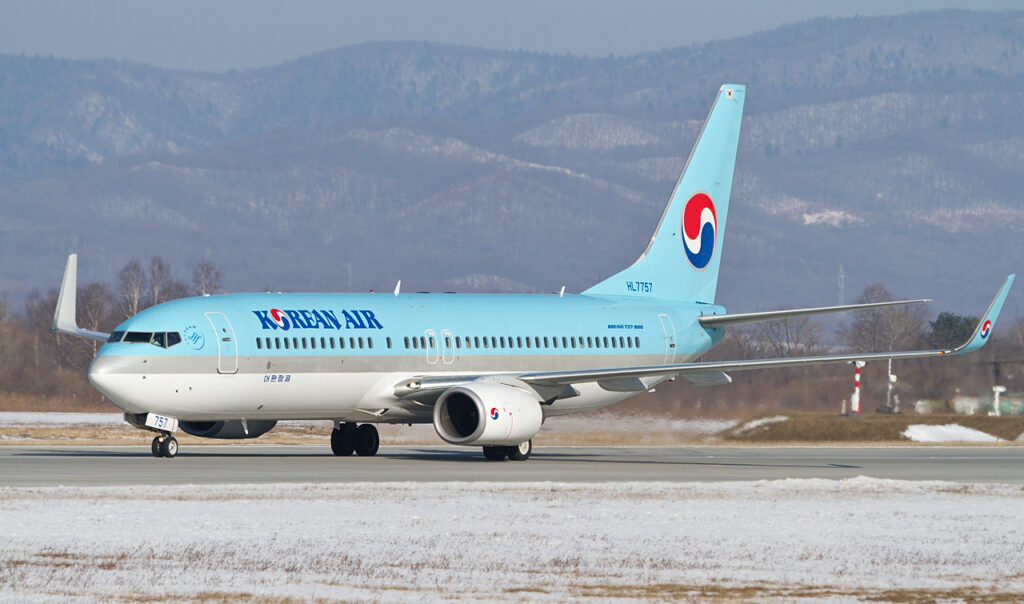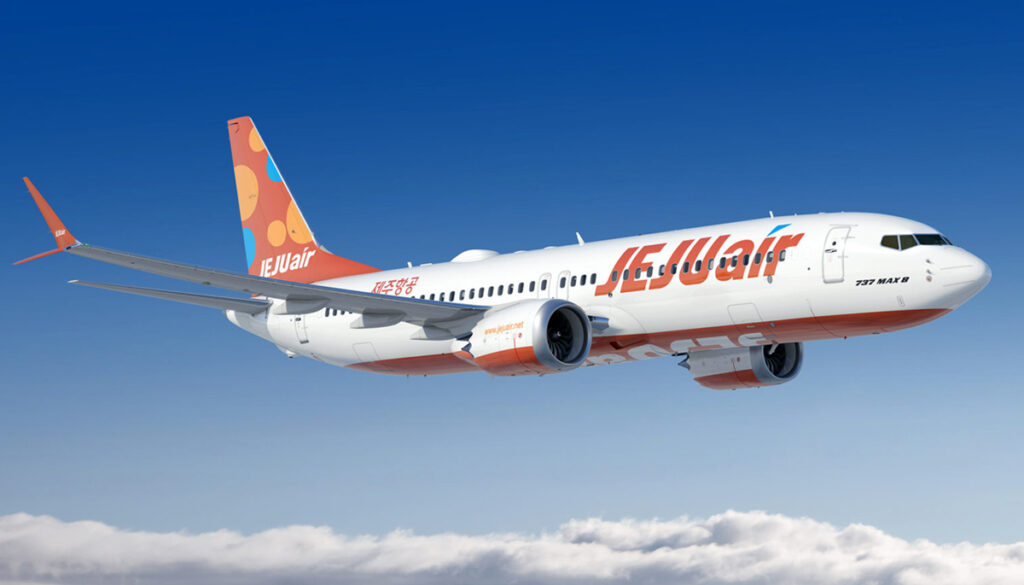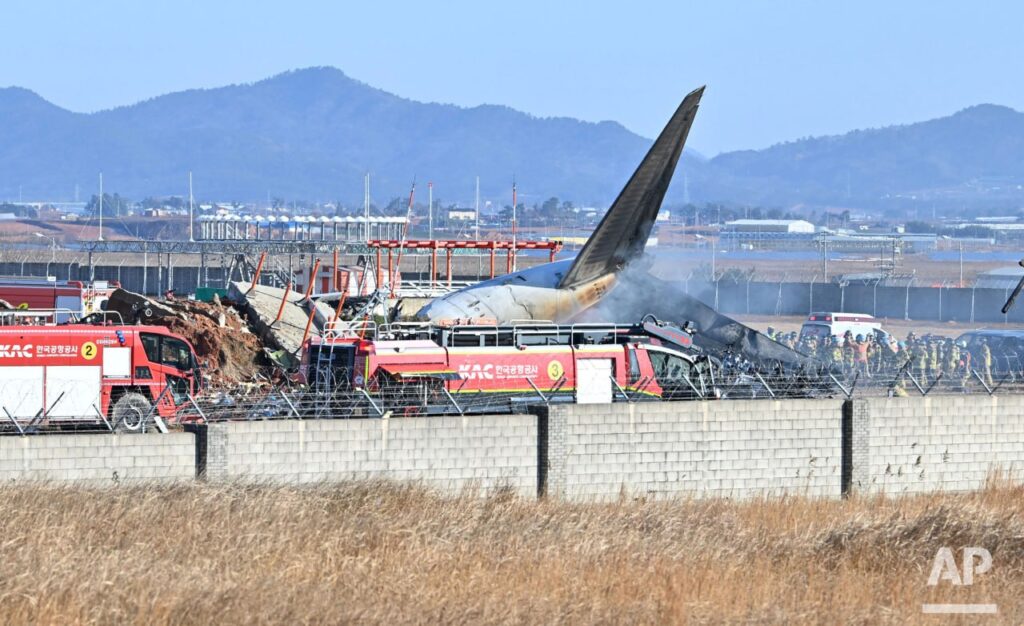In the wake of a devastating incident involving a Boeing 737-800 aircraft operated by Jeju Air, South Korea has announced plans to conduct emergency inspections of all Boeing 737-800 planes operated by the domestic carriers.
The crash, which occurred during landing at Muan International Airport on Sunday, claimed the lives of 179 out of the 181 passengers and crew onboard, marking one of the nation’s deadliest air disasters in recent history.
Acting President Choi Sang-mok has ordered a comprehensive review of the country’s airline safety systems and directed the Ministry of Transport to focus on ensuring compliance with maintenance protocols.
This includes inspecting more than 100 Boeing 737-800 planes in operation across South Korea, primarily used by budget carriers.

Details of the Incident
The aircraft, arriving from Bangkok, failed to deploy its landing gear, leading to a belly landing that ended in a fiery collision with a wall. Preliminary reports suggest the pilots declared an emergency following a possible bird strike, but investigators are still analyzing the flight data and cockpit voice recorders, which sustained external damage.
The incident has prompted immediate scrutiny of Jeju Air, which reportedly has the highest monthly operating hours per plane among South Korean airlines.
Critics have raised concerns about overworked aircraft and potential lapses in safety protocols, as Jeju Air has faced nine aviation safety violations since 2020.

Broader Implications for Boeing
This tragedy adds to the mounting challenges for Boeing, which has faced scrutiny over its safety standards in recent years, following several high-profile incidents involving the 737 Max.
Although the 737-800 model is part of an older “Next Generation” series, it remains a critical component of global short-haul fleets.
Shares of Jeju Air and Boeing saw sharp declines following the crash, reflecting investor concerns over operational safety and potential legal liabilities.
Nationwide Safety Review
South Korea’s transport ministry emphasized the importance of adhering to safety regulations, particularly regarding regular maintenance checks before and after flights. Officials have also committed to transparent communication with victims’ families and a thorough investigation to prevent future tragedies.
As South Korea leads the investigation, international bodies, including the U.S. National Transportation Safety Board and Boeing representatives, will assist in identifying the exact cause of the crash.

The crash of Jeju Air flight 7C2216 is a stark reminder of the critical importance of aviation safety. With South Korea’s proactive approach to inspecting all Boeing 737-800 aircraft, the nation aims to reassure the public and restore confidence in air travel while addressing any underlying systemic issues.
